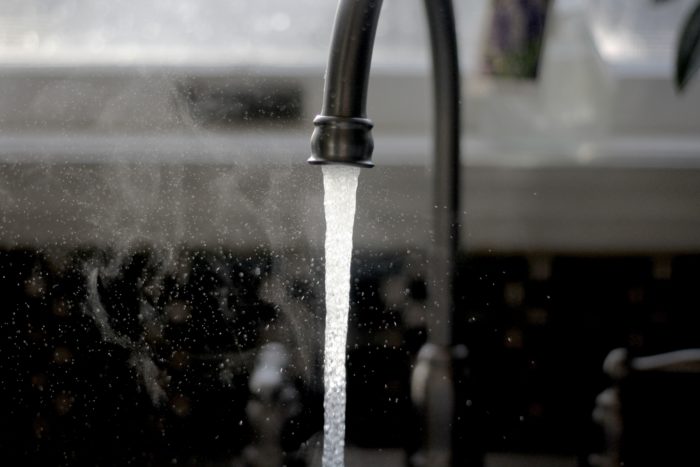Startups Increasing Access To Clean Water In Africa
In Sub-Saharan Africa, around 40% of the population lacks access to clean drinking water, with approximately 300 million people living in water-scarce environments. Projections suggest that by 2030, between 75 million and 250 million Africans will reside in areas experiencing high water stress. Factors such as rapid population growth and increasing poverty contribute to the growing number of people without access to clean water.
Progress and Innovation
Despite these challenges, significant progress has been made. The percentage of countries with less than 50% access to improved water sources decreased from 27% to 16%. Additionally, the number of countries where rural access exceeded 80% increased from 5% in 1990 to 10% in 2010. While organizations like the United Nations work to address this issue, startup founders are leveraging technology to find innovative solutions.
Understanding the Root Causes
To develop effective solutions, it's essential to understand the root causes of water scarcity. Many freshwater bodies in Africa are contaminated, and there are often no treatment facilities. Surface water, which many Africans rely on, is more prone to contamination than groundwater, which is generally cleaner and easier to purify.
Additionally, water sources are frequently located far from where people live. In some parts of Sub-Saharan Africa, individuals—often women and girls—must travel 30 minutes to an hour to fetch water, sometimes using contaminated containers. Without the means to measure water quality, they often consume water contaminated with fecal matter.
Global and Local Innovations
The global cleantech water industry, valued at $600 billion in 2014, has seen significant innovation. While dominated by large firms like GE, Veolia, Siemens, and Suez, the industry now includes hundreds of startups across nine sectors, including wastewater monitoring and basic wastewater treatment.
Notable global startups include:
- TaKaDu (Israel): Cloud-based system for detecting water leaks.
- Apana: IoT-based tool for analyzing water usage.
- Utilis: Uses satellite images to detect underground water leaks.
- Wellntel: Solar-powered technology for tracking groundwater levels.
African Innovations
In Africa, several startups are making strides in improving access to clean water:
Tech Water Solutions: Their Mobi-Water system in Kenya helps monitor water levels through SMS alerts, aiding water suppliers and consumers in managing water consumption and avoiding shortages.
HydroIQ: This smart metering device in Kenya allows consumers to monitor water usage and receive alerts via mobile. It also facilitates pay-as-you-go water payments through mobile money. Suppliers benefit from real-time consumption data and leak alerts. HydroIQ won the 2018 African Startup of the Year Award.
Majik Water: This all-women team startup in Kenya uses solar power to convert humidity into water, providing a solution for low humidity and arid areas. They won the €15,000 first prize at the EDF Pulse Africa awards in 2017.
eWaterPay: Utilizing mobile technology and IoT, eWaterPay offers affordable water access in East and West Africa. Consumers purchase water credit via mobile money, and water is dispensed using an NFC-powered tag. Suppliers can track consumption and leaks through a cloud platform.
I-Drop Water: Based in South Africa, I-Drop Water installs water filtration and dispensing machines in grocery stores across Africa. Customers refill their containers at affordable prices, and the units communicate in real-time with a cloud-based monitoring system. These units are available in South Africa, Zimbabwe, Ghana, and Botswana.
Everwaters: Founded in 2015, Everwaters designs hardware and software for home water filters. Their Stella filtration kit, available in Kenya, operates without electricity.
The Road Ahead
Entrepreneurs in Africa are building companies dedicated to increasing access to clean water for the 320 million people in Sub-Saharan Africa who lack it. While challenges remain, these innovators are making progress in leveraging technology to provide water in arid areas and treat contaminated water. As venture capital funding continues to flow into the sector and awareness of the water shortage issue grows, more entrepreneurs are expected to join the effort to ensure access to clean water for all.







Post a Comment